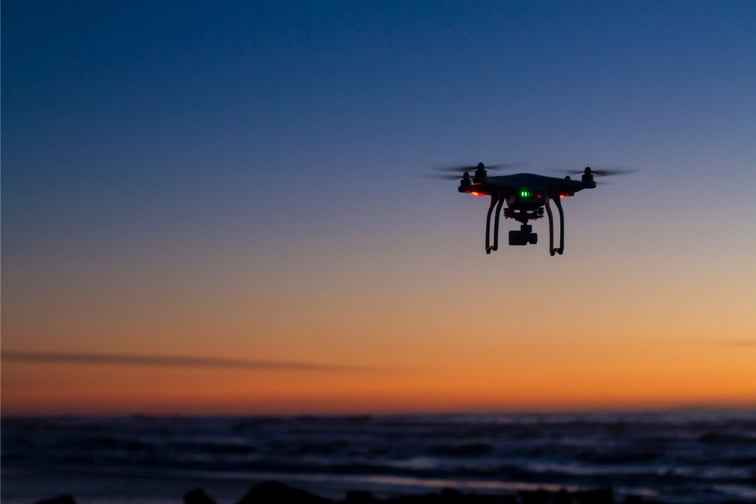

With more drones and flying taxis set to launch in Australia soon, global law firm Clyde & Co has stressed that insurance concerns need to be ironed out before accidents happen.
The law firm stated that Australian companies are currently investing in flying vehicles, with Melbourne-based start-up Skyportz confirming it has already signed an agreement with US manufacturer Electra.aero in October 2021 to buy up to 100 hybrid-electric aircraft that can take off and land in only 30 metres. Some companies, including Rolls Royce, are already developing electric flying taxis.
The Australian Financial Review (AFR) noted that the Australian government committed $32.6 million to establish an Emerging Aviation Technology Partnerships program to help develop flying vehicles, including drones and air taxis, with grant applications due in late March.
However, Clyde & Co senior consultant Tony Tarr, who works with the law firm’s global drones group, said Australia was still behind other countries regarding introducing regulations and insurance arrangements for drones and flying vehicles, including rules governing drones and flying taxis when thousands hover over densely populated cities and towns.
States and territories agreed to expand existing motor accident injury schemes to cover crashes caused by driverless cars. Meanwhile, Clyde & Co argued that it is also reasonable to require flying vehicle operators to carry liability insurance to ensure the public has access to compensation for death, injury, or property damage if accidents happen.
“If you’re talking about an aerial taxi, why wouldn’t you treat it that in the same way [as driverless cars] if it’s above ground, and it’s carrying people and can cause harm?” Tarr said, as reported by AFR.
Clyde & Co also noted that not all drones require registration permits despite existing rules governing the use of drones, so it might be difficult to identify who is responsible when accidents occur.
In addition, while registration rules are being tightened, the law firm emphasised the need for risk-based mandatory insurance to prevent stifling innovation and development.
“If you’re out on rural pastoral estate where the only risk you face is your own property damage, there would be no necessity to have insurance,” Tarr said. “Conversely, if you’re operating an aerial taxi in downtown Melbourne or Sydney – well, clearly, it’s a different proposition.”
The law firm also advised regulators from different industries to discuss possible risks.
Maurice Thompson, a Clyde & Co partner and the head of its global drones group, told AFR: “How does a classic aviation regulator – who has regulated airplanes all their career – get assisted in understanding the risk of flying one of these things, for instance, three miles underground in a mine?
“What happens when it goes into the water? What happens when a drone flies in and around an oil rig? There are all these risks that classic regulation simply hasn’t needed to consider.”
